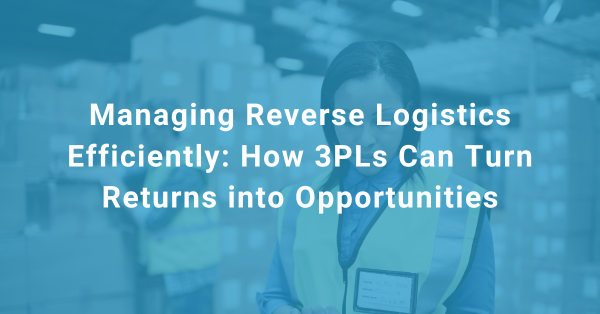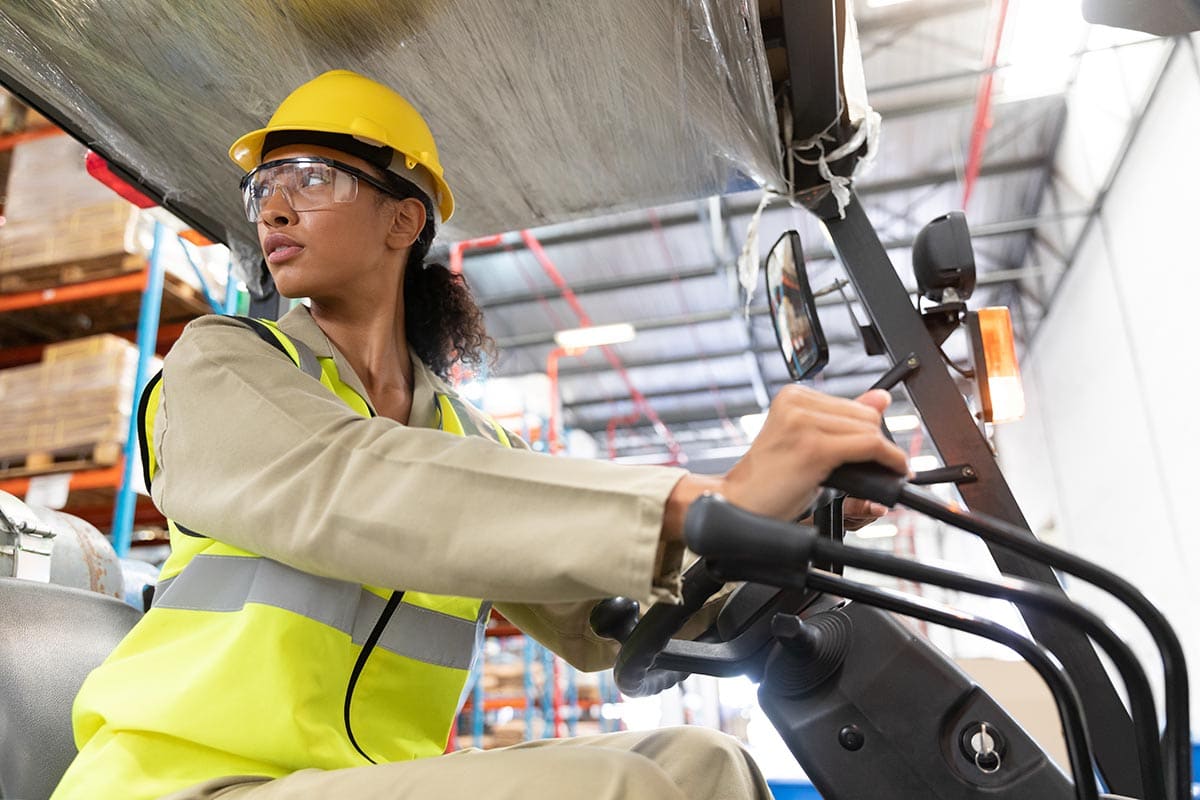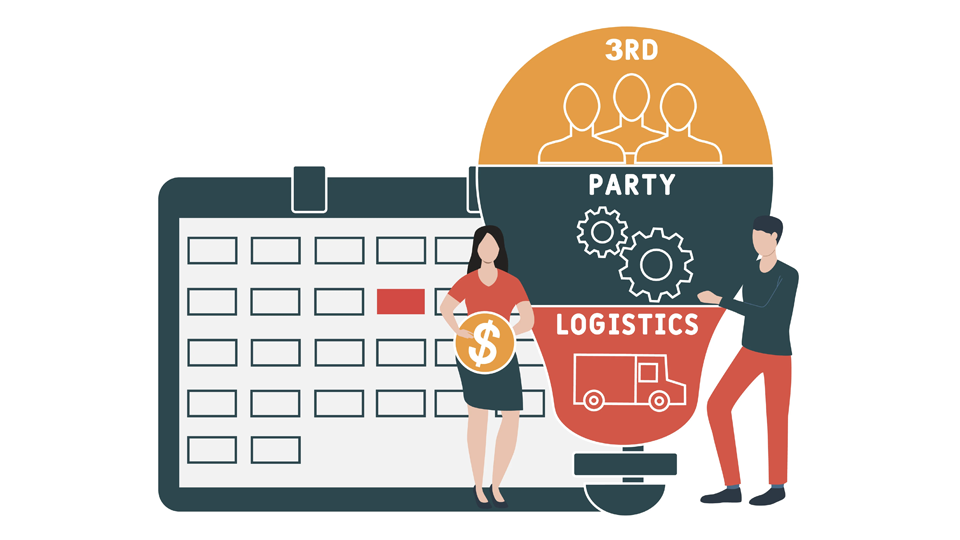Efficient Reverse Logistics: How 3PLs Can Turn Returns into Opportunities

Reverse logistics refers to the process of handling returned products, repairing them if necessary, and reintroducing them into the supply chain. It involves activities such as product sorting, transportation, refurbishment, and disposal.
Reverse logistics deals with the movement of goods from customers back to the manufacturer or retailer, whereas traditional logistics deals with the movement of commodities from manufacturers to retailers.
The Role of 3PLs for Efficient Reverse Logistics
While some businesses prefer to manage their reverse logistics internally, partnering with a third-party logistics provider can offer numerous advantages. 3PLs specialize in logistics operations and have the expertise, infrastructure, and technology required to streamline reverse logistics processes.
Here are some ways in which 3PLs can significantly contribute to managing reverse logistics efficiently:
#1 Efficient Returns Management
One of the primary challenges of reverse logistics is ensuring timely and efficient returns management. 3PLs have dedicated systems and processes in place to handle returns swiftly and accurately. They can establish efficient returns channels, provide return labels, and manage return shipments effectively. By partnering with a 3PL, businesses can ensure a seamless returns experience for their customers, leading to improved customer satisfaction.
#2 Optimal Inventory Management
Reverse logistics involves managing returned products, which can significantly impact inventory levels. 3PLs can help businesses optimize their inventory management by accurately tracking returned items, categorizing them based on their condition, and suggesting appropriate actions such as refurbishment, resale, or disposal. This enables businesses to make informed decisions about inventory replenishment, reducing the risk of stockouts or excess stock.
#3 Enhanced Repair and Refurbishment Processes
3PLs often have dedicated facilities and resources for product repair and refurbishment. Instead of handling these activities internally, businesses can leverage the expertise of 3PLs to efficiently repair and refurbish returned products. This saves time and resources and ensures that products are restored to their original condition, increasing their resale value.
#4 Streamlined Transportation and Disposal
Reverse logistics involves managing the transportation of returned products from customers to designated facilities. 3PLs have established transportation networks and partnerships, allowing for efficient and cost-effective reverse logistics transportation. They can also assist in the proper disposal of products that cannot be repaired or refurbished, ensuring compliance with environmental regulations.
#5 Data Analytics and Insights
3PLs can provide valuable data analytics and insights related to returns. They can analyze return patterns, identify common issues, and offer recommendations for process improvements. By leveraging these insights, businesses can minimize returns, address recurring issues, and enhance their product quality and customer satisfaction.
#6 Turning Returns into Opportunities
While returns are often considered a loss for businesses, they can be turned into opportunities for growth and customer retention. Here are some strategies to transform returns into opportunities:
#7 Implement a Hassle-Free Returns Policy
A customer-friendly returns policy is crucial for creating a positive brand image. By simplifying the returns process, businesses can encourage customers to make repeat purchases, knowing that returning products is hassle-free. This could lead to an increase in word-of-mouth referrals and client loyalty.
#8 Offer Instant Store Credits
Instead of providing cash refunds, consider offering instant store credits for returned items. This encourages customers to explore alternative products or make future purchases, boosting sales and customer retention.
#9 Facilitate Exchanges
Providing customers with the option to exchange their returned products for different items can turn a potentially negative experience into a positive one. This can also lead to cross-selling opportunities and increased customer satisfaction.
#10 Leverage Refurbished Products
Returned products that have been repaired or refurbished can be sold as "certified refurbished" items at a discounted price. This allows businesses to generate revenue from returned products that are in good condition while providing cost-effective options to price-sensitive customers.
#11 Engage in Proactive Communication
When customers initiate returns, it is crucial to proactively communicate with them, providing updates on the return status and reassuring them that their concerns are being addressed. This level of communication demonstrates excellent customer service and can help maintain positive customer relationships.
Leverage 3PL’s for Efficient Reverse Logistics Now!
Managing reverse logistics effectively is crucial for any business that deals with returns. Whether it's due to product defects, customer dissatisfaction, or simply changing preferences, returns are an inevitable part of the retail landscape. However, instead of considering returns as a burden, businesses can leverage them to create opportunities and improve customer satisfaction. Third-party logistics (3PL) companies like Ship My Orders are useful in this situation.
At Ship My Orders, we understand that time is money, so we offer a free quote to see if our 3PL works for you and your budget. Reach out to us today to learn how we can help improve your returns process.

-1.png)

.png)
